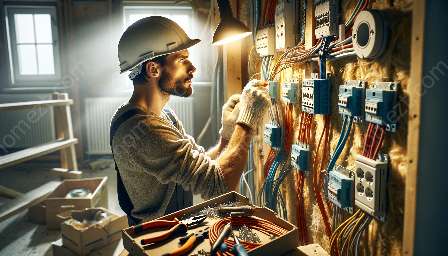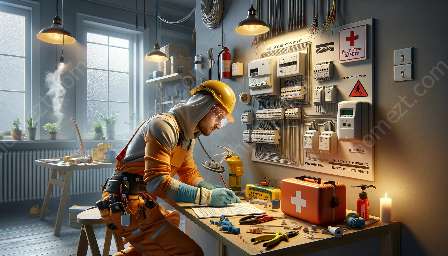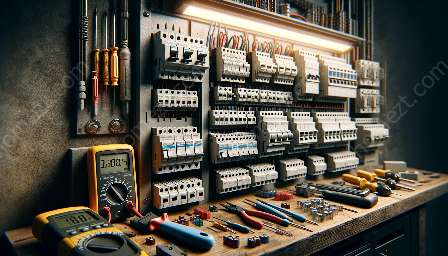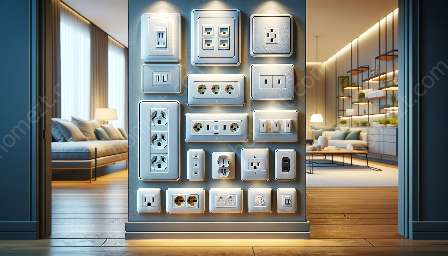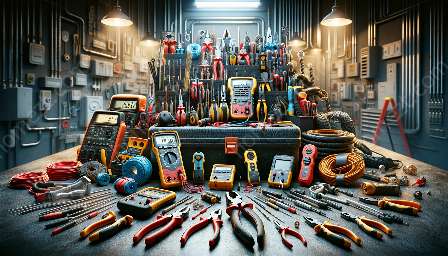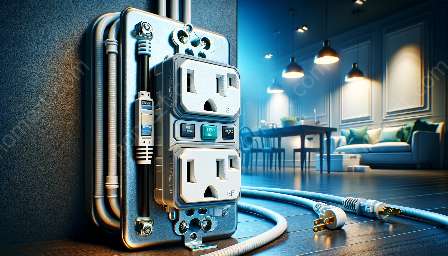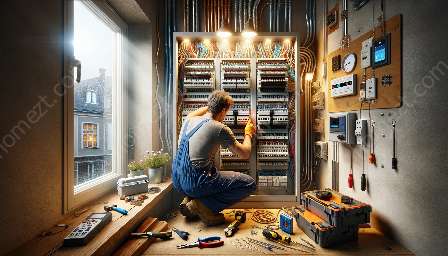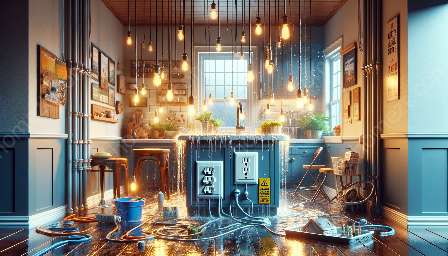Electricity is an essential part of modern homes, and ensuring its safety and efficiency is crucial. Circuit breakers and fuses are key components in electrical systems, providing protection against short circuits and overloads. Understanding the differences, uses, and installation tips for circuit breakers and fuses will empower homeowners to make informed decisions for their electrical and home improvement projects.
Differences Between Circuit Breakers and Fuses
Circuit breakers and fuses are both designed to interrupt the flow of electricity when a fault is detected, but they function differently. Fuses contain a filament that melts when excess current flows through, breaking the circuit. Once blown, fuses need to be replaced. On the other hand, circuit breakers use a switch mechanism to detect abnormal current and can be reset after tripping, providing a more convenient solution.
Understanding Circuit Breakers
Circuit breakers come in different types, including thermal-magnetic, magnetic, and hydraulic-magnetic, each suited for specific applications. They are designed to protect electrical circuits from overloads and short circuits, safeguarding both the wiring and connected devices. Proper installation and regular maintenance of circuit breakers are essential for ensuring electrical safety in homes.
Exploring Fuses
Fuses are categorized by their amperage ratings and types such as fast-acting, slow-blow, and dual-element. It’s important to select the right fuse based on the specific circuit and electrical appliance it protects. Understanding the characteristics and limitations of different fuse types is crucial for maintaining the safety of electrical systems.
Installing Circuit Breakers and Fuses
Proper installation of circuit breakers and fuses is vital for electrical safety. It involves understanding the electrical panel, identifying the correct amperage ratings, and following the manufacturer’s guidelines for installation. Homeowners should also consider consulting a qualified electrician for complex installations or when dealing with outdated systems.
Safety and Troubleshooting
Ensuring electrical safety in a home involves practicing proper precautions when dealing with circuit breakers and fuses. Regularly inspecting the electrical panel, promptly addressing tripped breakers or blown fuses, and following safety protocols during maintenance help mitigate electrical hazards. It’s important to be aware of potential electrical issues and seek professional assistance when needed.


